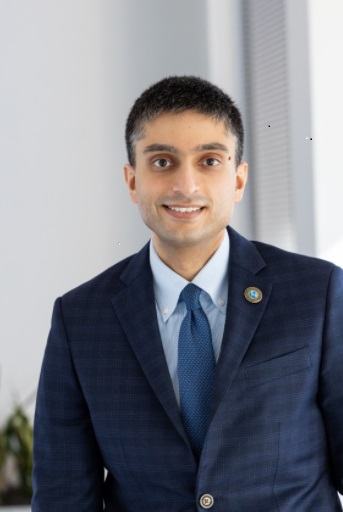Dr. Erwin Gianchandani

Dr. Erwin Gianchandani is the U.S. National Science Foundation’s assistant director for Technology, Innovation and Partnerships, leading the newly established TIP Directorate.
Gianchandani has worked at NSF since 2012. Prior to becoming the assistant director for TIP, he served as the senior advisor for Translation, Innovation and Partnerships for over a year, where he helped develop plans for the new TIP Directorate in collaboration with colleagues at NSF, other government agencies, industry and academia.
During the previous six years, Gianchandani was the NSF deputy assistant director for Computer and Information Science and Engineering, twice serving as acting assistant director for CISE. Gianchandani’s leadership and management of CISE included the formulation and implementation of the directorate’s $1 billion annual budget, strategic and human capital planning, and oversight of day-to-day operations for a team of over 130.
Gianchandani has led the development and launch of several new NSF initiatives, including the Smart & Connected Communities program, Civic Innovation Challenge, Platforms for Advanced Wireless Research, and the National Artificial Intelligence Research Institutes.
Before joining NSF in 2012, Gianchandani was the inaugural director of the Computing Community Consortium, providing leadership to the computing research community in identifying and pursuing bold, high-impact research directions such as health information technology and sustainable computing.
Gianchandani has published extensively and presented at international conferences on computational systems biology. He holds a bachelor’s degree in computer science and master’s and doctoral degrees in biomedical engineering, all from the University of Virginia.
In 2021, Gianchandani received the Distinguished Presidential Rank Award, awarded to members of the Federal Government’s Senior Executive Service for sustained extraordinary accomplishment. In 2018, he was awarded the Outstanding Young Engineering Graduate Award from the University of Virginia.


U.S. Universities: Engines of Economic Growth
